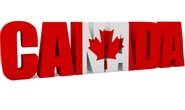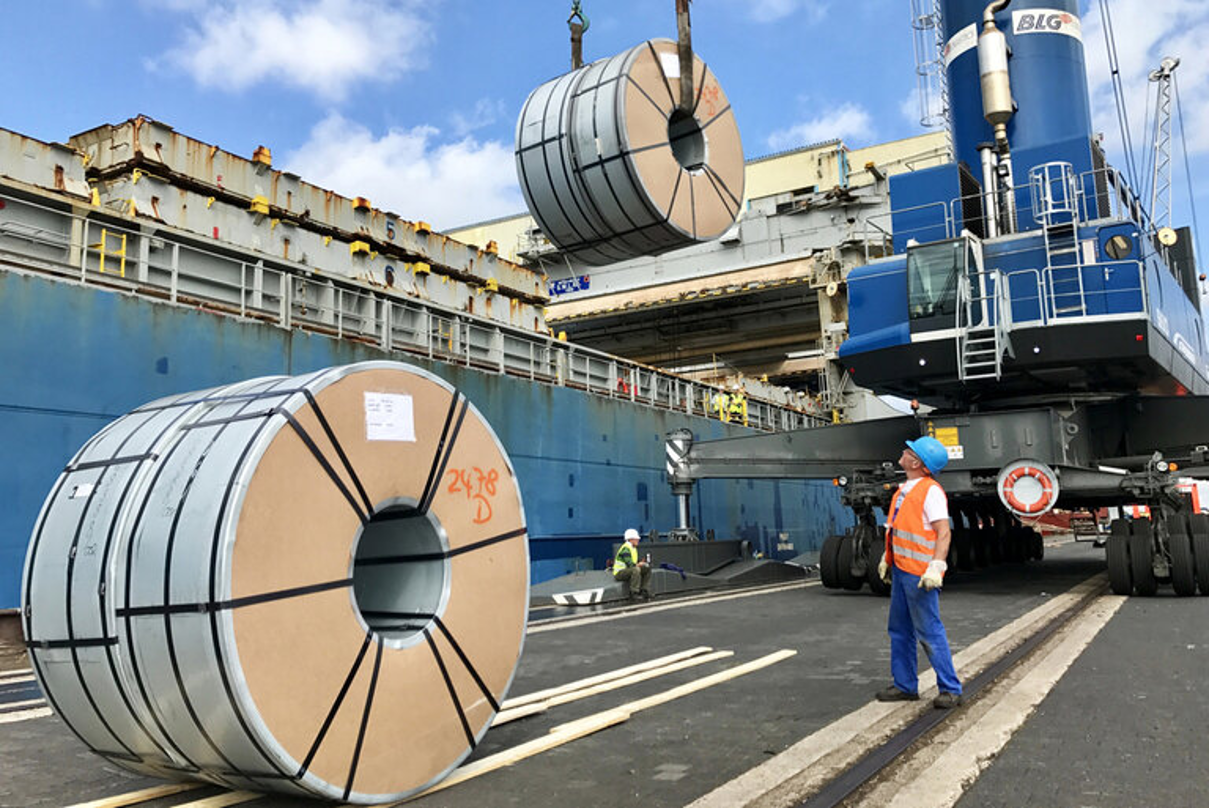Canada

April 3, 2019
Canadian Tribunal Recommends Removal of Steel Safeguards
Written by Sandy Williams
The Canadian International Trade Tribunal recommended on Wednesday that five of seven provisional steel safeguards, imposed by the government following the imposition of Section 232 tariffs by the U.S., be removed.
A CITT inquiry concerning the importation into Canada of heavy plate, concrete reinforcing bar, energy tubular products, hot-rolled sheet, pre-painted steel, stainless steel wire, and wire rod, found that only imports of heavy plate and stainless steel wire warranted continuation of safeguard measures.
The CITT found that the two products are “being imported in such increased quantities and under such conditions as to be a principal cause of a threat of serious injury to the domestic industry.” It recommended that tariff rate quotas be imposed on imports of the products from all countries except those eligible for general preferential tariff (GPT) treatment. Imports of the other five products have not increased in sufficient quantity to threaten domestic production, said CITT.
The inquiry was one of the most complex ever conducted by the tribunal. Hearings were held for each product and proceedings included 119 participants and over 38,000 pages of documents. The CITT’s determination is a recommendation only and not a ruling.
“We are disappointed and concerned with the tribunal’s recommendations. Since the temporary safeguards came into force, they have stabilized the Canadian steel market and limited the amount of steel that was being diverted to Canada,” said Catherine Cobden, president of the Canadian Steel Producers Association. “Furthermore, the continued surge of low-priced imports and deteriorating market conditions that have persisted following the conclusion of the CITT’s hearing were not considered and further supports the imposition of final safeguard measures.”
Pierre-Olivier Herbert, a spokesman for Canadian Finance Minister Bill Morneau, said the government would examine the report. “Our government is carefully reviewing the CITT’s findings and recommendations before deciding on the next steps and will respond in the coming weeks,” he told Bloomberg. “We will continue to work with affected businesses and workers in the steel, aluminum and manufacturing industries to ensure they have the support they need.”
The provisional period for the safeguards ends in mid-May. The government can choose to reinstate the measures for all seven products or just the two products recommended by the CITT. An extension would allow the measures to continue for up to three years.
The provisional safeguards were imposed in October 2018 to protect Canadian steelmakers from a potential diversion of steel imports into Canada as a result of U.S. Section 232 tariffs. It was the first time Canada had used such emergency actions before a full review of the situation by CITT.
Construction industry and downstream manufacturers who rely on steel imports welcomed the CITT recommendation in hopes that removal of the safeguards would ease price inflation and prevent any supply shortage.
“The CITT analysis of the evidence calls into question the government’s analysis and the motivation that gave rise to these safeguards,” said Jesse Goldman at Borden Ladner Gervais, representing the Canadian Coalition for Construction Steel.
The CSPA says all seven safeguards are needed to protect the economy and not reinstating them could increase political tension with the U.S. “If the Minister of Finance does not put in place final safeguard measures on all seven products, the steel industry in Canada is threatened with job losses, significant community impacts, market share erosion, and growing investment uncertainty,” stated Cobden. “Furthermore, we see strong expectations from the U.S. government that Canada will take every action necessary to keep artificially low-priced offshore steel out of North America.”







